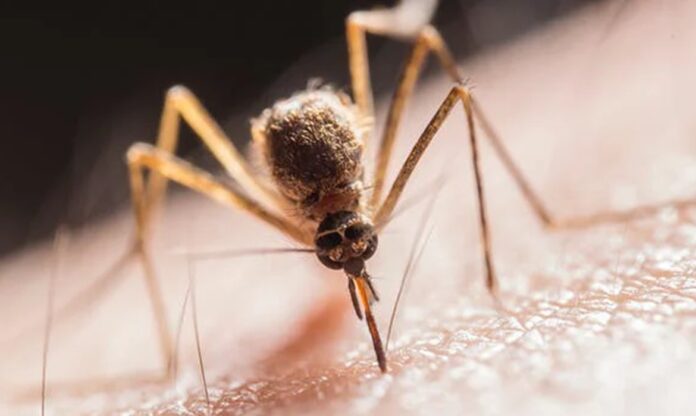
Bed bugs have become a growing concern worldwide due to their notorious reputation as blood-sucking pests. While their presence is commonly associated with uncleanliness and cheap accommodations, these critters can actually infest any space, including luxury hotels and private homes. One of the most alarming issues linked to bed bugs is the frequent misidentification of their bites as mosquito bites. This misdiagnosis not only delays proper treatment but also allows the infestation to proliferate, leading to disastrous consequences for both individuals and establishments.
Understanding Bed Bugs and Mosquitoes:
To accurately differentiate between bed bug bites and mosquito bites, it is crucial to understand the characteristics and behavior of these insects. Bed bugs are tiny, wingless creatures that belong to the Cimicidae family. They mostly feed on human blood during the night and hide in crevices and cracks during the daytime. On the other hand, mosquitoes are flying insects belonging to the Culicidae family, with females being the ones that bite to obtain blood for reproduction.
Physical Differences:
Although the bites of bed bugs and mosquitoes may appear similar at first glance, there are several physical differences between them. Bed bug bites typically manifest as small, red, itchy bumps that are often highly concentrated in specific areas, such as the arms, legs, and other exposed body parts. On the other hand, mosquito bites tend to be more scattered and can vary in size from small bumps to larger welts, often accompanied by an immediate itching sensation.
Patterns of Bites:
Another crucial differentiating factor is the pattern in which bed bug and mosquito bites occur. Bed bug bites often appear in clusters or straight lines, which reflect the feeding pattern of these insects as they move across the skin while taking multiple bites. Conversely, mosquito bites tend to be more random, as these pests fly from one location to another, often biting multiple times in close proximity.
Timing and Persistence:
Timing can be a substantial clue when distinguishing between these two types of bites. Bed bugs typically feed during the night, coinciding with the sleep cycle of their human hosts. Consequently, most bed bug bites will appear upon waking up in the morning. Mosquitoes, on the other hand, are active during the dawn and dusk hours and can bite at any time during the day or night. This distinction can help confirm or refute suspicions about the culprit behind the bites.
The Dangers of Misdiagnosing:
Misidentifying bed bug bites as mosquito bites can have severe consequences, both for individuals and establishments. Delayed treatment can lead to aggravated itching, infections, and even the development of secondary bacterial infections from incessant scratching. Additionally, if an infestation is left unchecked due to misdiagnosis, it can rapidly spread to other areas, leading to costly eradication processes for homes, hotels, and other businesses.
Prevention and Treatment:
To effectively address the issue, it is crucial to implement prevention strategies and appropriate treatment methods. In terms of prevention, it is essential to regularly inspect sleeping areas, luggage, and upholstered furniture, ensuring there is no presence of bed bugs or their telltale signs, such as dark spots or shed skins. Employing protective measures, such as using bed bug-proof mattress and pillow encasements, can significantly reduce the risk of infestation.
If bitten, it is important to resist the urge to scratch excessively, as it can lead to skin infections. Instead, applying a soothing cream or taking an antihistamine can temporarily alleviate itching. However, for severe or persistent symptoms, seeking medical advice is crucial to receive appropriate treatment, which may involve prescription-strength topical creams or oral medications.
Conclusion:
Bed bug bites being mistaken for mosquito bites has become a rising concern in recent years. Although their appearances may be similar, differentiating between the two is crucial to ensure prompt and effective treatment as well as to prevent the further spread of infestation. By understanding the physical differences, the patterns of bites, and the timing of attacks, individuals can better identify the culprits behind these irritating and potentially harmful bites. Remaining vigilant, implementing adequate prevention methods, and seeking professional help when needed are vital steps to combat this escalating problem.


















